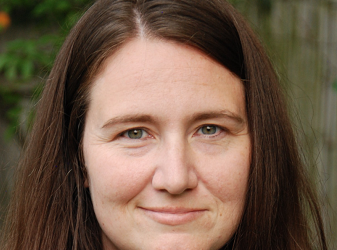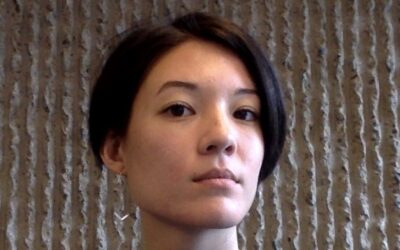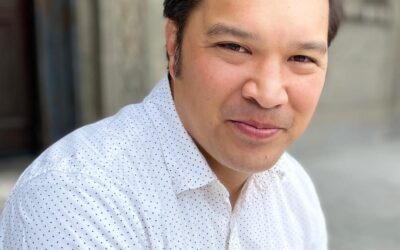miCRo: “Magdalene” and “Easter” by Sonja Livingston
Two essays that grapple with the place of women in history, specifically an enslaved Native ancestor and a prehistoric “greatest grandmother.”
miCRo: “Santa Maria” by Natalie Yap
Natalie Yap’s story “Santa Maria” asks us to consider the unconventional ways we let go of life and each other.
miCRo: “Lori Cornelius” and “The Trespass” by Beth Ann Fennelly
In two pieces that feature mothers with dementia, Beth Ann Fennelly shows us again why her work is central to contemporary enthusiasm for the form of the microessay.
miCRo: “For All These Traces” by Anna Cabe
In Anna Cabe’s “For All These Traces,” the superfan of an unnamed K-pop boy band breaks and enters her idols’ hotel suite.
miCRo: “The Friar, as We Know Him” by Elias Hutchinson
In this poem’s world, which is, of course, our world, it’s the people swiping Game Boys from shipping containers who are struggling to survive.
miCRo: “Prairie” by Kirun Kapur
In “Prairie,” Kirun Kapur blends memory, landscape, and elegiac praise.
miCRo: “When I Am 317 Pounds My Friends Do Not Wait for Me to Catch up to Them on a Sidewalk” by Sarah Carson
In Sarah Carson’s prose poem, the act of waiting for someone resonates in the contexts of sizeism, empathy, and human relationships.
miCRo: “Aubade in a little ice age” by Sydney Goggins
Language and climate ebb and shift in Sydney Goggins’s “Aubade in a little ice age.”
miCRo: “About” by Mia Kang
In Mia Kang’s “About,” the stuff of writing is simultaneously texture, obstacle, and process.
miCRo: “Thirty-Five-Year-Old Man Shares Joint near Harbor of Gay Resort Town” by John Bonanni
In “Thirty-Five-Year-Old Man Shares Joint near Harbor of Gay Resort Town,” John Bonanni brings to vivid, queasy life the discomfort of loving a place you know well but don’t belong to—the discomfort of the ethical vacationer.
miCRo: “Incongruous States of Dress” by Emilee Prado
Touching becomes steam, wax, and citrus in Emilee Prado’s “Incongruous States of Dress.”
miCRo: “Poem as Manananggal Always Looking for the Moon” by Albert Abonado
In Albert Abonado’s “Poem as Manananggal Always Looking for the Moon,” the mythical creature is reimagined as a poem that “arrives at night / its lower half hidden // on an empty school bus / or perhaps a sinkhole // the city ignored despite the petitions.”


















